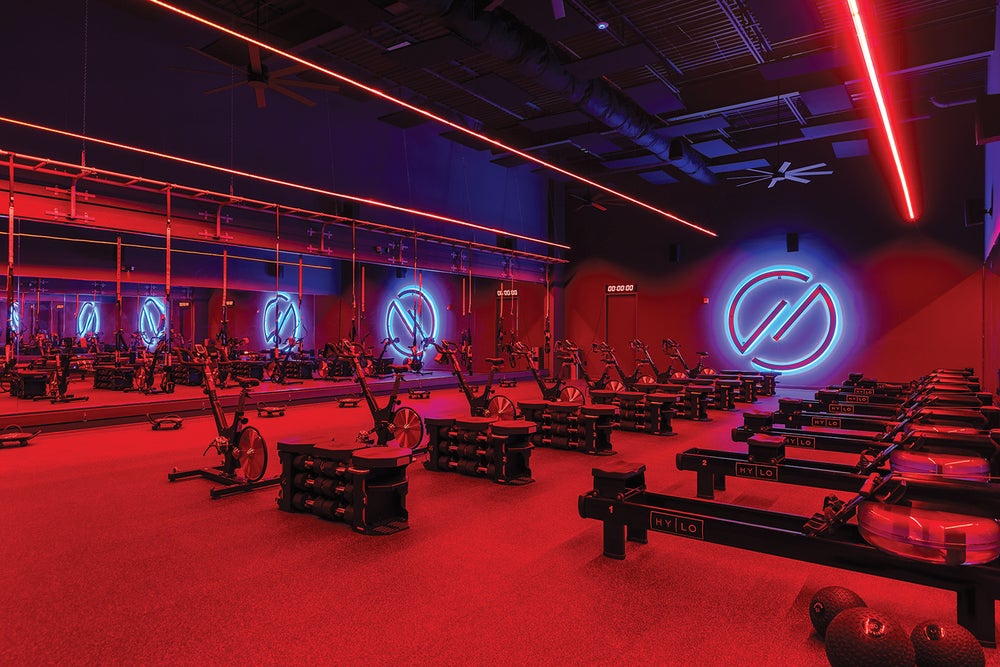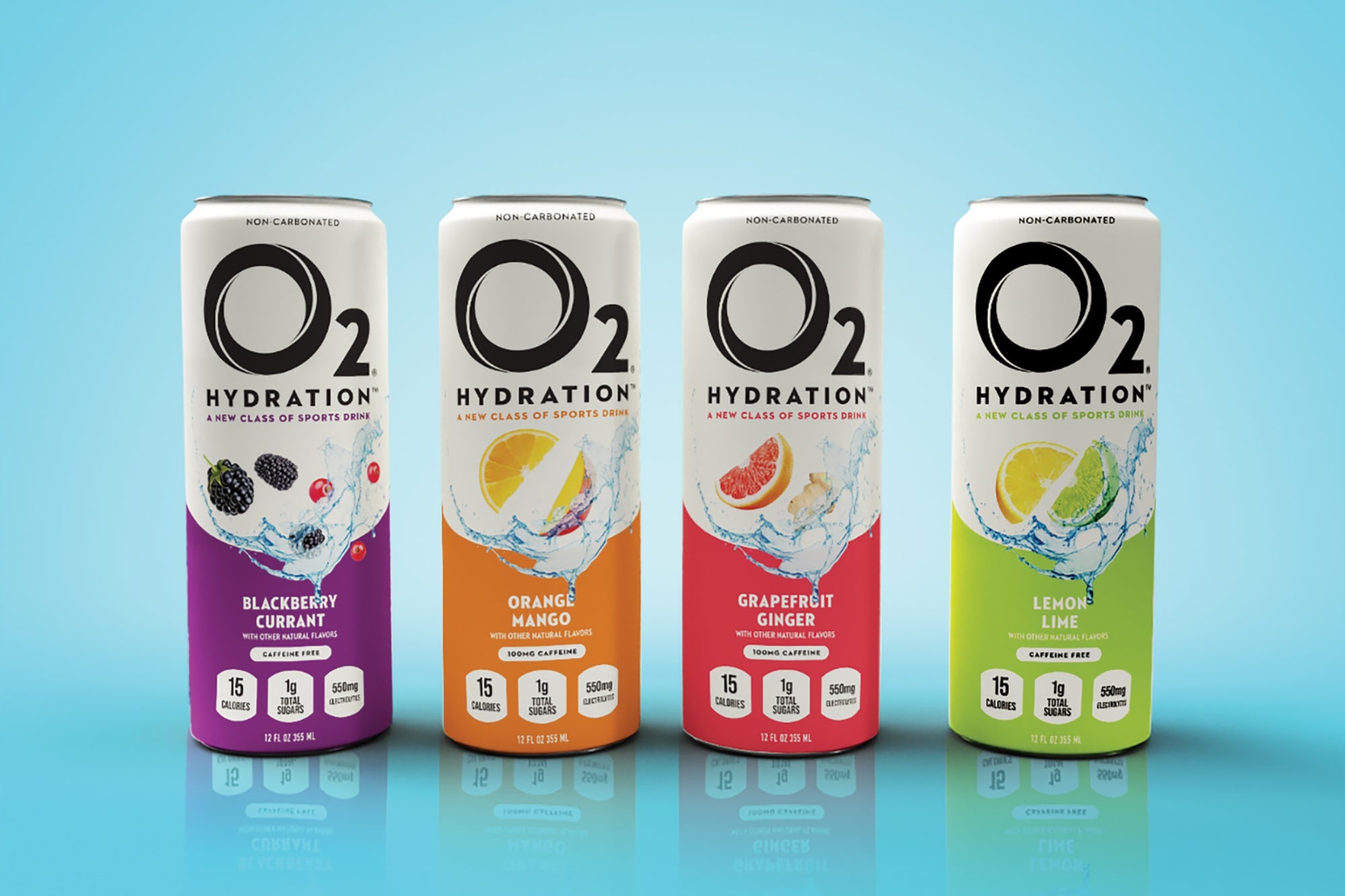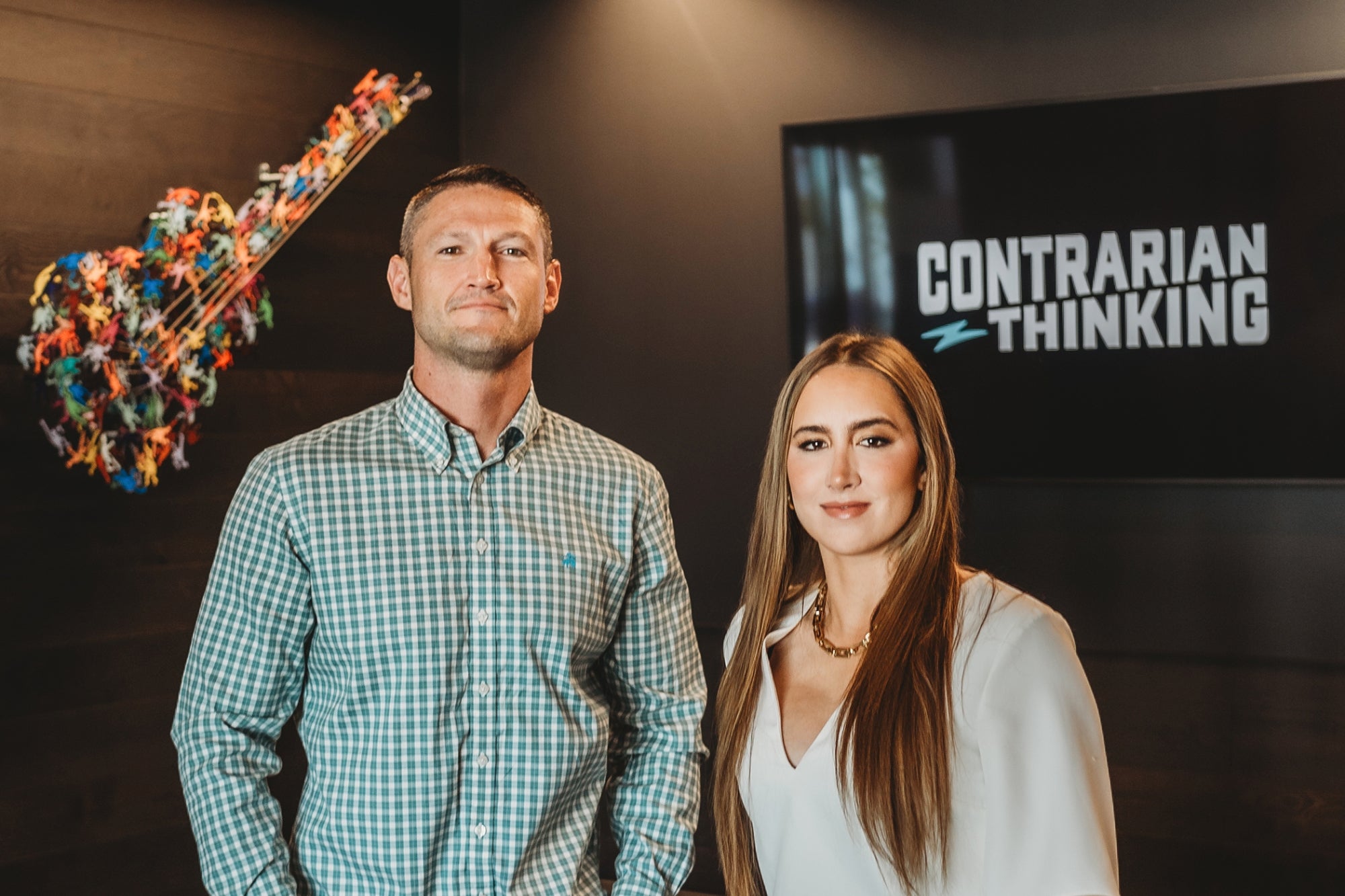Fitness Brands Have a Loyalty Problem. Here's How One Charleston Studio Cracked It. For fitness brands, it's notoriously difficult to keep customers coming back. Hylo Fitness experimented until they got it right.
By Frances Dodds Edited by Frances Dodds
This story appears in the January 2025 issue of BIZ Experiences. Subscribe »

Customers might try something once. But how do you get them to return?
Angus Long thinks a lot about this. He used to be an Orangetheory franchisee, and then founded a new kind of fitness studio called Hylo Fitness. He and his business partner, Matt Herring, built Hylo on a thesis: The fitness world is fragmented, with studios that exclusively focus on yoga, barre, or other modalities. Why not have the same group-fitness membership model, but offer multiple modalities under a single roof? So Long founded Hylo, which has a room for "high-intensity" workouts — combining cardio and strength training — and a room for "low-intensity" workouts pulling from practices like yoga, barre, and Pilates.
But as he's learned, it's not enough to offer something new or unique. In addition, you must focus relentlessly on perceived value — making sure that your customers feel like they're always getting their money's worth. And here's the trick: Their perception is going to constantly change, which means that you must change with it.
Today, Hylo has four studios (three in South Carolina and one in Tennessee) and ambitions to grow much larger. Here are three ways that Long's team increases their customers' sense of value.
Related: Customer Loyalty Is Your Holy Grail for Success. Here's How to Cultivate It.

1. Justify your pricing.
When Hylo launched, its prices were roughly the same as competitors like Orangetheory. But that wasn't sustainable. Hylo offers more classes, needs a larger building to house both its "high-intensity" and "low-intensity" studios, and has locker rooms — all of which are expensive to run and maintain. "So we had to adapt and learn what the proper pricing tiers were," Long says. "Now, for an unlimited membership, we're probably $10 to $20 more than a lot of those other places." To justify that, Hylo spends a lot of effort communicating its offerings, like new classes and a more elevated interior design, so that customers can see the value for themselves.
2. Experiment.
People will pay more for a superior product — and superior products require a lot of testing. "A good class has a flow to it, and a logic," Long says. "It's entertainment, but it's got to be an effective workout." Hylo is constantly rolling out new beta classes, and has learned to expect failure as part of the process. "We take chances all the time, and 99 out of 100 times, we fall flat," Long says. "I don't know how many sample programs are in our product graveyard. We've tried foam-rolling classes. We had one called 'Six-Pack at the Bar.' It was hot for, like, a minute, and then all of a sudden it's gone. Pilates is incredibly hot right now, where two, three years ago, it was almost forgotten. But that innovation part is critical."
3. Document what works.
More than anything, as Hylo has grown, Long has learned that you can't just expect an amazing experience to replicate itself. "One class on the low side alone has a 50-page manual," he says. "You know, down to the light controls, sound controls. The smell is important. All the sensory elements have to be dialed in." This has proven especially true as Hylo has expanded to new locations. "I remember at Orangetheory, thinking, My God, they have hundreds of pages of binders. This seems like overkill," Long says. "Now I'm starting to feel like, gosh, if you're going to have satellite locations where you can't possibly be present enough to do quality control, you've really got to have this paint by numbers structure."
Related: Want Customers to Love You? Treat Every Customer Like They're Your Only Customer
Hylo was included in our "America's Favorite Mom & Pop Shops" list this summer, and then won our online bracket challenge. To see more from the list, visit BIZ Experiences.com/momandpop.












